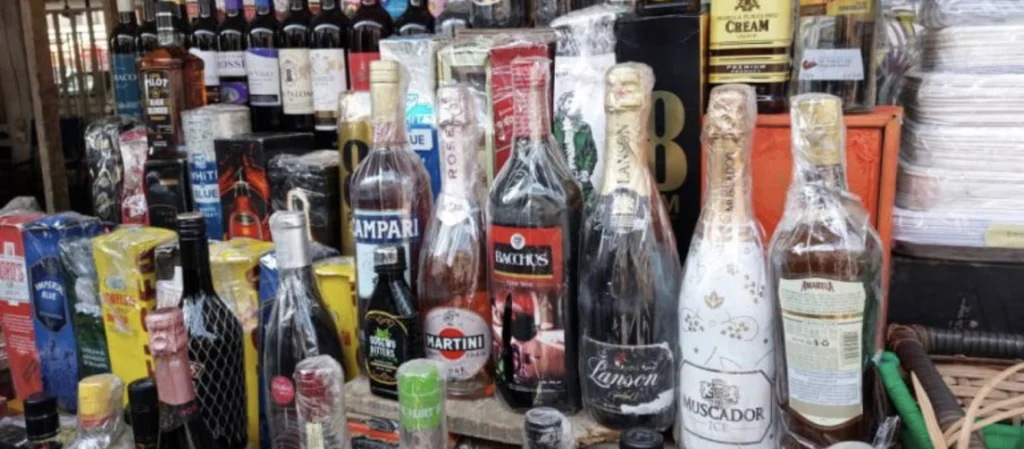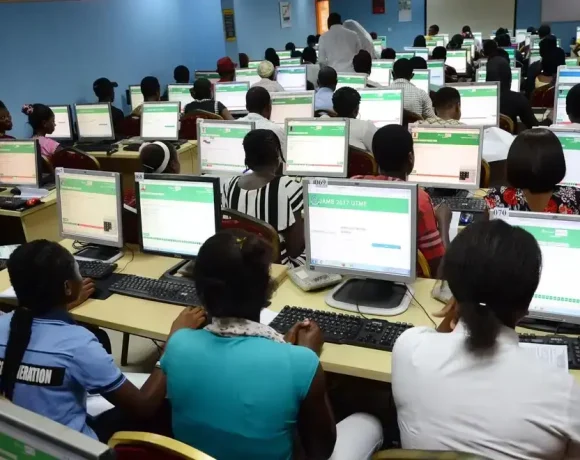The Circulation of Fake Drinks in Nigeria: Health Implications and Possible Remedies
Fake Alcoholic Drinks seized by NAFDAC
The circulation of fake drinks in Nigeria poses a significant public health risk. These counterfeit products often lack quality control and can lead to severe health issues. This article delves into the extent of the problem, the health implications of consuming fake drinks, and potential remedies to combat this growing issue.
Understanding Fake Drinks in Nigeria
Fake drinks refer to counterfeit products that mimic established brands but are produced without adherence to safety and quality standards. They can include a range of beverages, from alcoholic drinks to soft drinks and even juices. The prevalence of fake drinks is fueled by several factors, including:
- High Demand: With a growing population and increasing urbanization, the demand for affordable beverages has risen. This demand creates an opportunity for counterfeiters to produce cheaper, substandard products.
- Weak Regulatory Framework: Regulatory bodies often struggle with enforcement due to inadequate resources, leading to a lack of oversight in manufacturing and distribution.
- Consumer Unawareness: Many consumers may not be aware of the dangers associated with counterfeit drinks or may not know how to identify them.
Health Implications of Consuming Fake Drinks
The health risks associated with consuming fake drinks can be severe and even life-threatening. Some potential health implications include:
- Toxicity: Fake alcoholic beverages, in particular, can contain toxic substances such as methanol, which can cause blindness, organ failure, or death when ingested.
- Foodborne Illnesses: Unsanitary production practices can lead to contamination, resulting in foodborne illnesses. Symptoms may include nausea, vomiting, diarrhea, and abdominal pain.
- Long-term Health Issues: Continuous consumption of substandard drinks may lead to chronic health conditions, such as liver disease or cancer, due to the presence of harmful chemicals and additives.
The greatest threat to public health in Nigeria is the unregulated market for fake drinks that endanger lives.
To protect yourself and your loved ones, it is essential to know how to identify fake drinks. Here are some tips:
- Check Packaging: Look for spelling errors, poor-quality printing, or unusual labels. Authentic products typically have high-quality packaging.
- Examine Expiry Dates: Counterfeit products may not have accurate or legible expiry dates.
- Purchase from Reputable Sources: Buy drinks from well-known retailers or trusted vendors to minimize the risk of purchasing counterfeit products.
Possible Remedies to Combat Fake Drinks
Addressing the issue of fake drinks requires a multi-faceted approach involving government, industry stakeholders, and consumers. Here are some potential remedies:
- Strengthening Regulatory Frameworks: Governments should enhance the enforcement of laws related to food safety and beverage production. This includes increasing funding for regulatory bodies to conduct more thorough inspections and penalties for violators.
- Public Awareness Campaigns: Educating consumers about the risks of fake drinks and how to identify them can empower individuals to make safer choices. Campaigns can be run through social media, community outreach, and collaboration with NGOs.
- Collaboration with Manufacturers: Beverage companies can work together with the government to establish better monitoring systems for the production and distribution of drinks. This includes employing technology such as QR codes or holograms on packaging to verify authenticity.
- Encouraging Reporting: Establishing a reporting mechanism for consumers to report suspected counterfeit products can help authorities take swift action against offenders.
The circulation of fake drinks in Nigeria presents a serious public health concern that requires immediate attention. By understanding the implications and identifying effective remedies, stakeholders can work towards a safer drinking environment. Consumers must remain vigilant, and collective efforts are needed to combat this issue and protect public health.











